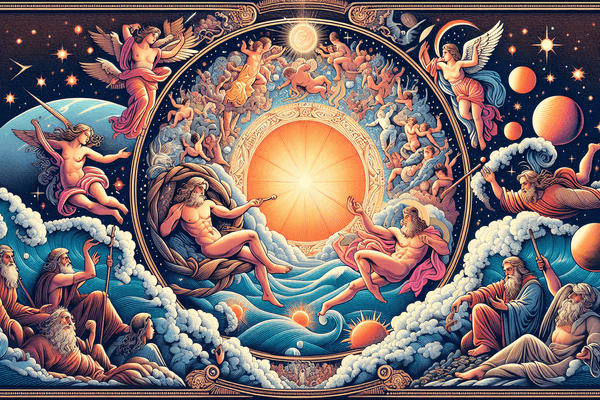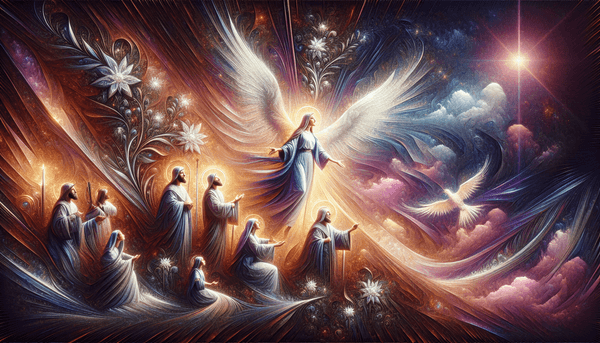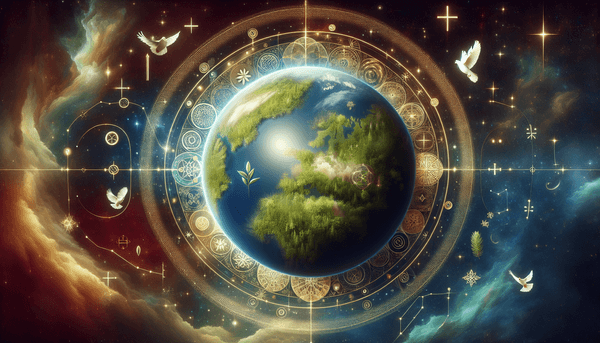The Date of Creation
In the biblical account of creation found in the book of Genesis, there is no mention of a specific calendar date for the creation of the world. Instead, the Scripture focuses on God's sovereignty and the theological implications of creation. 'In the beginning, God created the heavens and the earth' (Genesis 1:1), setting the stage for a narrative that emphasizes order and significance over chronology. The seven days symbolize a structured progression of creative acts, culminating in a harmonious universe designed with wisdom and purpose. These days serve not as literal 24-hour periods but as a framework demonstrating God's orderly approach to creation, reminding us that 'with the Lord a day is like a thousand years, and a thousand years are like a day' (2 Peter 3:8).
The Purpose of Humanity's Creation
Humanity's creation in the image of God is a profound statement of our intended relationship with the Creator and with the rest of creation. We are designed to reflect God's character, to steward the earth, and to engage in worship and fellowship with Him. 'So God created mankind in his own image, in the image of God he created them; male and female he created them' (Genesis 1:27). This intimate connection with the divine is further underscored by our calling to live for God's glory and to fulfill the good works He prepared for us (Ephesians 2:10). By understanding our purpose and embracing our identity as God's handiwork, we become the recipients of His love and grace. For those seeking to deepen their understanding of this identity and find strength in their journey, further insights can be found here. We are reminded that we are created 'for [God's] glory, whom [He] formed and made' (Isaiah 43:7).
Conclusion
The creation narrative in Genesis stands as an enduring testament to God's mastery and intentionality in shaping the universe. It challenges us to ponder the depth of God's creativity and the profound significance of our place within His grand design. As we consider our purpose and the call to share His love, we are reminded of our responsibility to live out the image of God in which we are created. May we be inspired by the divine order and purpose laid out in the Genesis account, and may our lives reflect the message of God's love with passion and conviction, as we seek to share the Gospel with the world.
FAQ
Q: Is there a specific date on which God created the world?
A: In the biblical account of creation in the book of Genesis, the exact date on which God created the world is not specified. The focus of the creation narrative is on God's sovereignty, power, and purpose in bringing the universe into existence rather than providing a specific calendar date.
Q: On the second day of Creation, what did God create?
A: On the second day of Creation, God created the expanse to separate the waters and called it 'sky' or 'heaven.' This act of dividing the waters above from the waters below signifies the establishment of boundaries and order in the natural world.
Q: What do the seven days of Creation represent?
A: In the book of Genesis, the seven days of Creation represent distinct periods during which God brought different aspects of the universe into existence, from light and darkness to land, celestial bodies, and life forms.
Q: When did God create the world?
A: The Bible describes God creating the world in six days, with each day representing a phase of creation, such as the creation of light, the sky, and living creatures, culminating with humanity on the sixth day.






